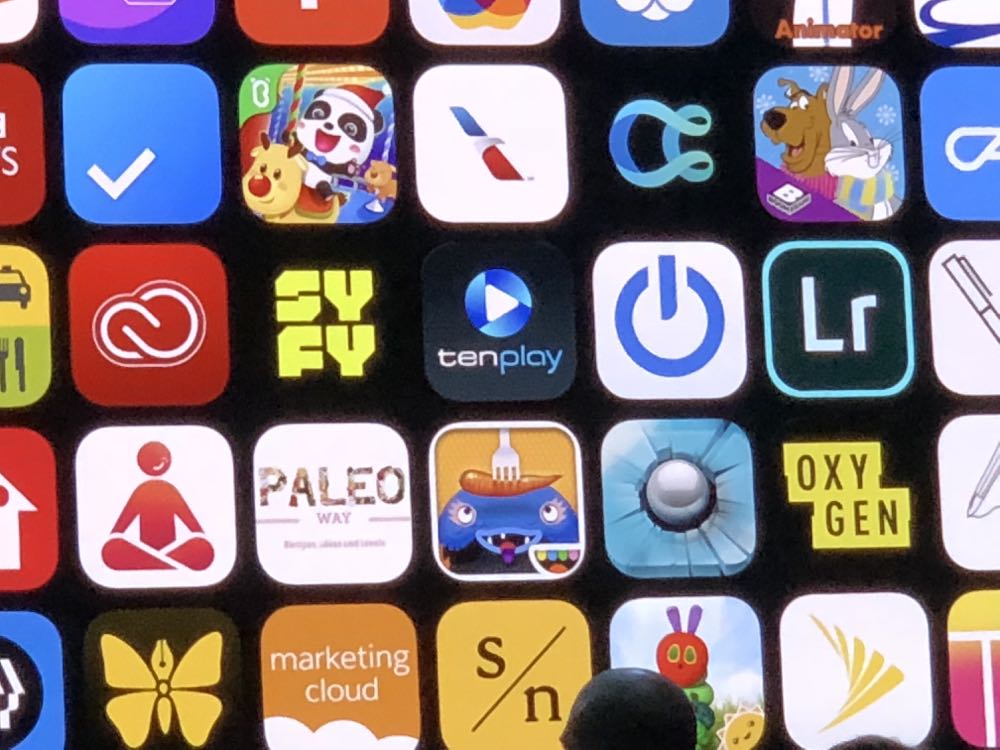Announcement posted by News Gun 31 Dec 2019

A recent report in the New York Times said many companies receive anonymous and precise location data from apps whenever the user enables location services when they want to access local news and weather.
And the same report highlighted that these same companies are also tracking up to 200 million mobile devices in the US alone.
Companies use apps to source location data to provide advertisers and affiliate businesses says Anushka Bandara, co-founder and CEO of Elegant Media, one of Australia’s leading app developers.
“People need to understand that while technology brings convenience and access to services, it also comes at a risk to personal privacy,” Bandara said.
“Apps on your phone gather information about your movements and location and this information is then shared and sold to others.
“Given the fast evolving nature of technology, apps can now tell if you have gone to Woolworths, walked your dog, driven to work or even gone out to dinner and they can identify which restaurant you have visited.
“If you’ve been to see your doctor or a psychiatrist, this will be captured as well.”
Anushka says location data is big business for many companies who want to better understand consumer behaviour, better target advertising and even sell the data to others.
“Location data is a hot market with sales of location targeted advertising set to reach $30 billion by 2020,” he said.
“As a result a lot of businesses are getting involved in the location data sector.
“IBM has entered the industry with the purchase of the Weather Channel’s apps.
“While businesses tell you that they are only interested in consumer patterns and can’t identify people, the reality is that if you are able to draw together the raw data, you can identify the people you are tracking.
“The truth is that app users can be identified and this information can be accessed by anyone who is able to enquire the data.
“This includes your identity, where you live and your contact details. This is concerning and raises questions about the security of the data.”
Who hasn’t experienced advertisements for businesses or products suddenly popping up on our devices based on where we’ve been?

“We didn’t give anyone our details while were there, so how did they even know we were there? The answer is, your location, movements and actions are known to more businesses and people than you think, all thanks to your apps,” Bandara said.
“If you enable location services on an app, then you are fair game. Not only will your movements be tracked, your identification may become known and your personal information most probably shared and sold.
“Apps usually include lengthy permissions and the detail is buried deep in the content. Most people do not read them.
“The mobile location industry started out as a way for Apps to customise their offerings and businesses to better target their ads to nearby consumers.
“Unfortunately it has evolved into a much bigger industry – a data collection and analysis machine that is now operating more like big brother.
If you don’t personal information being shared without your knowledge here are Elegant Media’s tips:
– Be aware of the real cost of free online services. There is always a cost and thanks to your apps, the cost is the capture and dissemination of your personal information
– Be selective about what apps you download and use
– Take the time to adjust app settings to minimise their ability to access your phone and location information. Where setting adjustment is not possible, think about whether you really need the app on your phone
– Remove old Apps that you don’t use.
“Apple and Google make a lot of money from Apps but also have an obligation to protect the interests of users,” Bandara said.
“The most recent version of Android only allows apps that are not in use to collect information a few times an hour, rather than continuously, which is what most apps do.
“Apple has gone one step further and requires Apps to inform the user of the intended data collection.
“Apple at one point was even looking at showing a blue bar onscreen whenever an app not in use was gaining access to location data.
“I think key players across the industry probably pushed pretty hard to have this initiative binned.
“Our role as app developers is to work with businesses to help them to design and build an effective app that adds value or solves a genuine market issue.
“While we also assist in the monetisation strategy we also ensure businesses understand their obligations around privacy and data security.
“My concern is that, like with every industry, there is always the opportunity for sinister behaviour to creep in.
“We have high standards in Australia for app development, but it is also important for app users to be vigilant as well, particularly given that many apps are developed overseas.”

